94th Academy Awards Post-ceremony: The Winners
With the ceremony done, let me share some thoughts on the winners and the event itself.
CODA wins BEST PICTURE:
Just about three weeks ago, when I started writing some of the entries for my Pre-Ceremony post, CODA was pretty much the underdog picture out of the ten Best Picture nominees. Things started changing very quickly for it, though, as it started getting very relevant awards in the the Pre-Oscar race, soon overcoming the chances of the films that had dominated the conversation in past months, such as The Power of the Dog or Drive My Car.
The good news, at least for me, is that CODA is such a likeable winner, partly because of that very underdog quality. The film didn't even have many other nominations that usually go with Best Picture hopefuls, such as Director or Editing. Actually, it only had two other nominations, and it also won those (more on that later)
Now, probably films like The Power of the Dog or West Side Story are more accomplished pieces of filmmaking, but CODA won me over by being adorable and earnest (and yes, also very well-made), so I surprised myself by smiling like a fool when the winner was announced.
A better time for female filmmakers:
Last year, Chloe Zhao's Nomadland won both Best Picture and Best Director, and I had anticipated the possibility that, for the first time in history, those categories would have two female winners in a row, as I had counted that The Power of the Dog would get both awards.
That ended up happening anyway, as Dog's Jane Campion won a well-earned Best Director award, and the Best Picture winner, CODA, was also helmed by a woman, Sian Heder.
These are great news for all movie-going audiences, regardless of your politics on gender. The fact is that we've been missing the narrative potential of a large portion of the population by only allowing male filmmakers into the club.
BEST SCREENPLAY:
The writing categories went to worthy enough scripts: Kenneth Branagh won on the Original Screenplay from with Belfast, once among the Best Picture favorites. I had a few qualms about the way that movie presented its conflict, but the love of Branagh for his home city, and the nostalgic charm of the story make up for it. Also, it competed against three of the biggest flukes of the ceremony: Don't Look Up, Licorice Pizza and King Richard, so Belfast was by FAR the best. The only other deserving entry was the Norwegian film The Worst Person in the World.
As for Adapted Screenplay, CODA's director Sian Heder, who also wrote the script, won the award to go with their Best Picture one.
The ACTING categories:
Jessica Chastain gave one of the most sincere speeches of the night with her Best Actress win for The Eyes of Tammy Faye. A wonderful performer who has been doing excellent work for while now (it's been a decade since her first of three nominations), she finally gets her due. For a while, I wasn't sure she would win, but the picture stared to get clearer in the last few weeks, and I think the Academy got it right with this one.
I was less pleased with Will Smith's win for Best Actor (I'm gonna ignore his whole bizarre episode on this part of the article). While he certainly did some great work in an otherwise feeble film, I think it doesn't stand to scrutiny, especially when we had Benedict Cumberbatch and Andrew Garfield, who both deserved the award having poured their should into much better roles for much stronger films.
Best Supporting Actress also went to a very earnest performer, in this case West Side Story's Ariana DeBose, who made history for winning the very same award Rita Moreno won back in 1961 for playing the exact same role (which ISN'T the case for Vito Corleone or the Joker). She had very strong contenders, but she was my favorite, and I was quite happy with this award which, as usual, was the very first of the night.
Another highly competitive category was Best Supporting Actor, but in the end my heart was with the eventual winner, CODA's Troy Kotsur, who was immensely likeable both on his role and on stage, where he delivered a heartfelt ASL speech. This one meant the eventual Best Picture winner got three awards total, not an overwhelming number, but consistent with what the Academy has been doing in the last few ceremonies.
Dune dominates the Visual and Sound categories, as it should:
It's hard to argue that Dune didn't get it's overwhelming atmosphere right. There was absolutely no surprise (or complain) on my part when Villeneuve's film went home with six awards, by FAR the most of the night -other than CODA's 3 wins, the ONLY other film who got more than one Oscar was Tammy Faye, which got only 2. Even The Power of the Dog, which had 12 nominations, only won one for Director. This is also very much in line with the new Oscar's style: instead of insisting on one favorite as they did in the past, they now spread the rewards among as many hopefuls as possible.
But back to Dune, even with this policy there was little to do. The film was just overwhelming strong in these categories, and giving Best Editing, Best Sound, Best Original Score, Best Visual Effects, Best Production Design and Best Cinematography to any other candidate would have been a miscarriage of justice.
Best Costume Design, meanwhile, went to Cruella, giving Fury Road's Jenny Beavan her third Oscar. Appropriate for a movie about a fashion designer.
The Eyes of Tammy Faye, on the other hand, won Best Makeup and Hairstyling, which was expected (the Academy usually prefers transforming actors into historical figure than fantasy makeup).
Best Song went to sister-brother duo Billie Eilish and Finneas for No Time to Die. As I mentioned earlier, lately Bond films seem to win this category regardless of quality, but then again, Eilish' song was won me over slightly over time, so I'm not mad about it, as I was when Spectre got it.
Drive My Car only thrives as BEST INTERNATIONAL FILM:
Despite some high profile nominations like Best Picture, Director or Screenplay, the Japanese film didn't win any of them, but at least it got, as logic dictated, Best International Film, bringing Japan's total of such awards up to 5 (3 of those are honorary), only behind eternal favorites Italy and France.
BEST ANIMATED FILM goes for popularity:
Again, Encanto was a perfectly good film (all nominees were, this year), but both Flee or The Mitchells Vs. the Machines had more to offer in terms of innovation. Of course, of all candidates, Encanto had enjoyed the most popularity as of late, and the voters seemed to take that in consideration. Pity.
Back to the Dolby Theatre:
With COVID countermeasures evolving since last year, the ceremony is back to its usual venue, albeit security protocols are still in place.
It was a welcome return, and I found the camera shutter-inspired scenery quite beautiful.
Ok, the slap:
I guess I have to mention the only thing everyone is talking about, but I actually care more about the awards themselves than gossip.
So, Will Smith punched Chris Rock over a mild joke about his wife, and I really have no opinion about it, other than second hand embarrassment for everyone involved, but I can see how both sides were wrong.
Rock, a comedian, did what they do, poking fun at the guests. The joke itself wasn't a particularly horrid one, particularly considering what has been done in the past by the likes of Ricky Gervais at the Golden Globes, but it involved a woman's disease.
But I agree we should try to steer towards a kind of humor that doesn't necesarily hurt people's feelings. That however, doesn't give anyone the right to retort to violence at a public event. I think Smith should have simply said something over the microphone if he had felt hurt.
And that's the other thing. A careful watch of the moment reveals that his first reaction was to laugh at the joke. Only when he noticed his wife bemused reaction, he decided he was really offended. I think this said more about the relationship between the couple that anything else, and that it felt a bit like he was overcompensating for having laughed.
Then, when he won his Oscar, Smith's speech, while somehow remorseful, was so strange that his message about respect didn't come across. He sounded like a vaguely messianic preacher, repeatedly talking about something like being called by a higher force to be a "vessel of love" and a "river for his people". I almost expected he was about to announce the foundation of a cult.
An unfocused In Memoriam:
The usual screen with the montage of people from the industry whom we lost during the year was this time accompanied by a crowd of dancers who detracted the attention from the actual people they were trying to homage.
Also, they singled out three of the deceased by having celebrity guests speak about them. It was nice, but then it felt like the rest were getting shorthanded.
The pointless "Fan-favorite" stuff:
For some reason, the Oscars decided to show they have no bias towards big-budget films by showing clips of 5 "fan-favorite" films and moments (these weren't even from the year) which were selected by the very savvy audiences from Twitter, and which included gems such a saying Camila Cabello's Cinderella was one of the Top movies of the year, or that the most cheerable film moment ever, apparently, was Ezra Miller's Flash talking to himself as he runs very slowly in Zack Snyder's Justice League. That, point with the fact that Army of the Dead got Fan-Favorite film first place makes it obvious the voting was simply drowned by Snyder's dedicated fans, rather than by general audiences.
No, Academy. You're not doing anyone any favors. You're just furthering the divide between arthouse and commercial films, and perpetuating the idea that one is cinema and the other is a social media game. Embarrassing.
Your category isn't as important as mine:
Eight categories weren't given the same space as the rest, and were instead removed from the live broadcast. Even though this was immediately rejected by major industry professionals, the Academy went ahead with the idea, which had been pulled out last year.
It felt ugly. Film is a collaborative process. Every department is as relevant as the others, and when you decide that some professionals aren't as valuable as the rest, either for ratings sake or otherwise, you're sullying the industry you're supposed to represent, particularly when you do give time to ridiculous skits or guests outside the medium.
Hopefully they'll reconsider this move for future ceremonies.

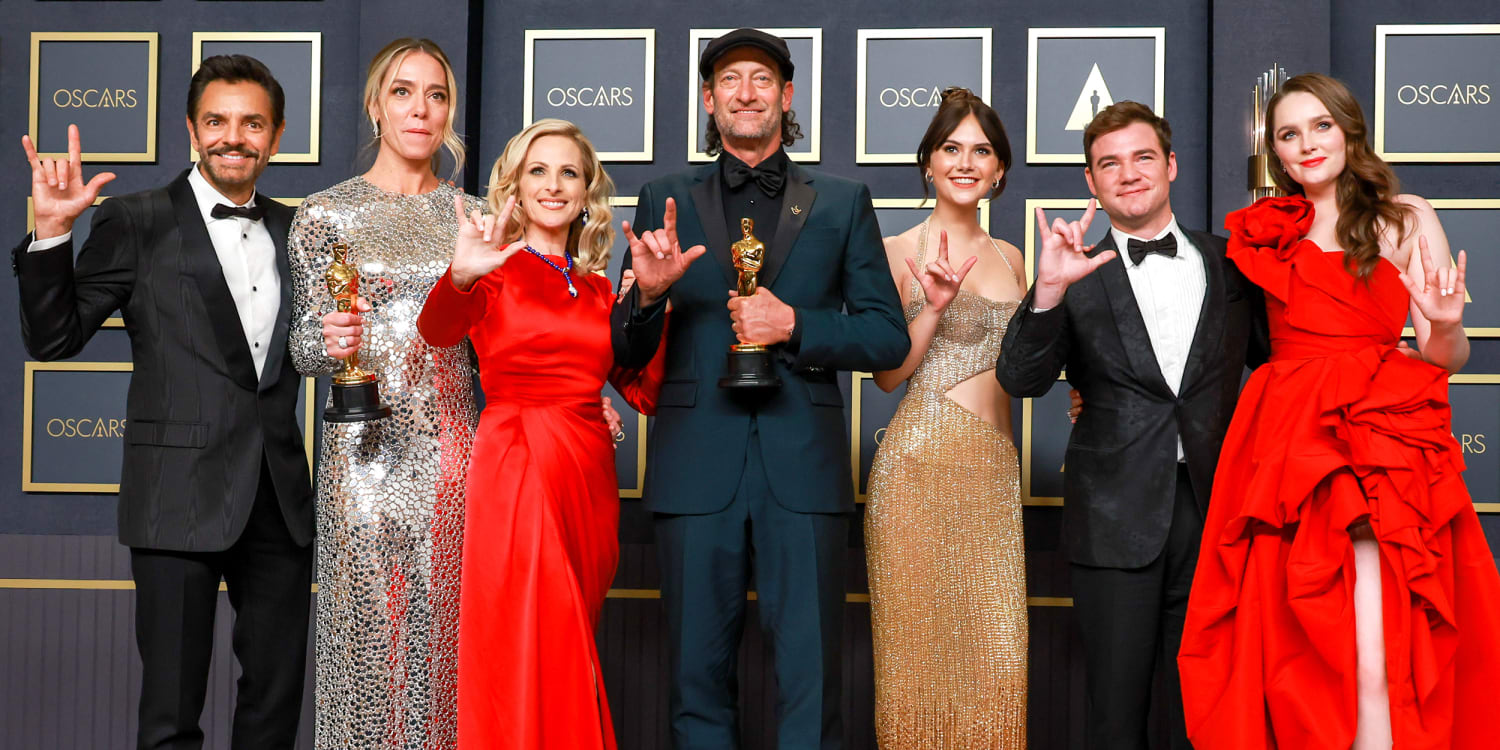
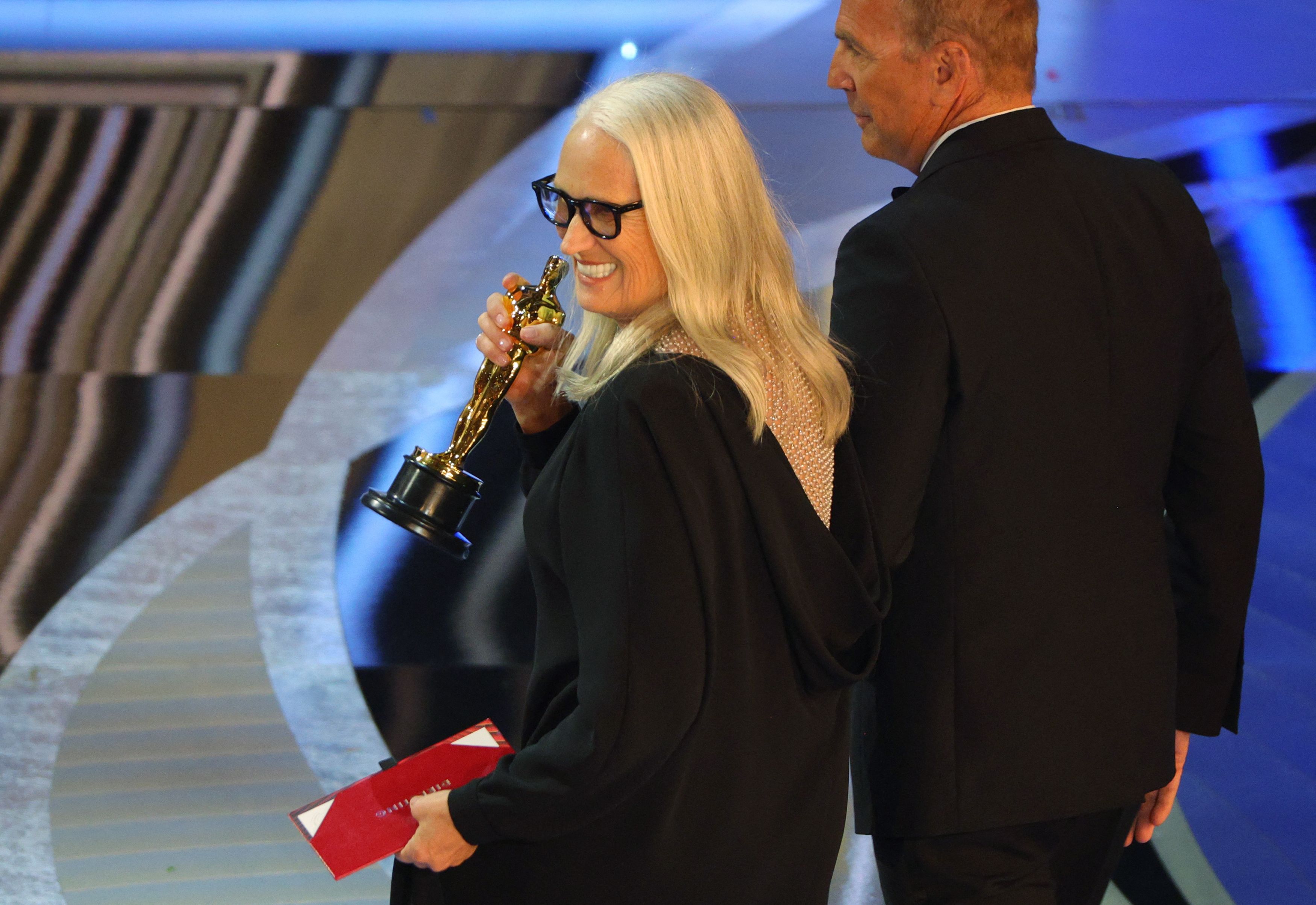


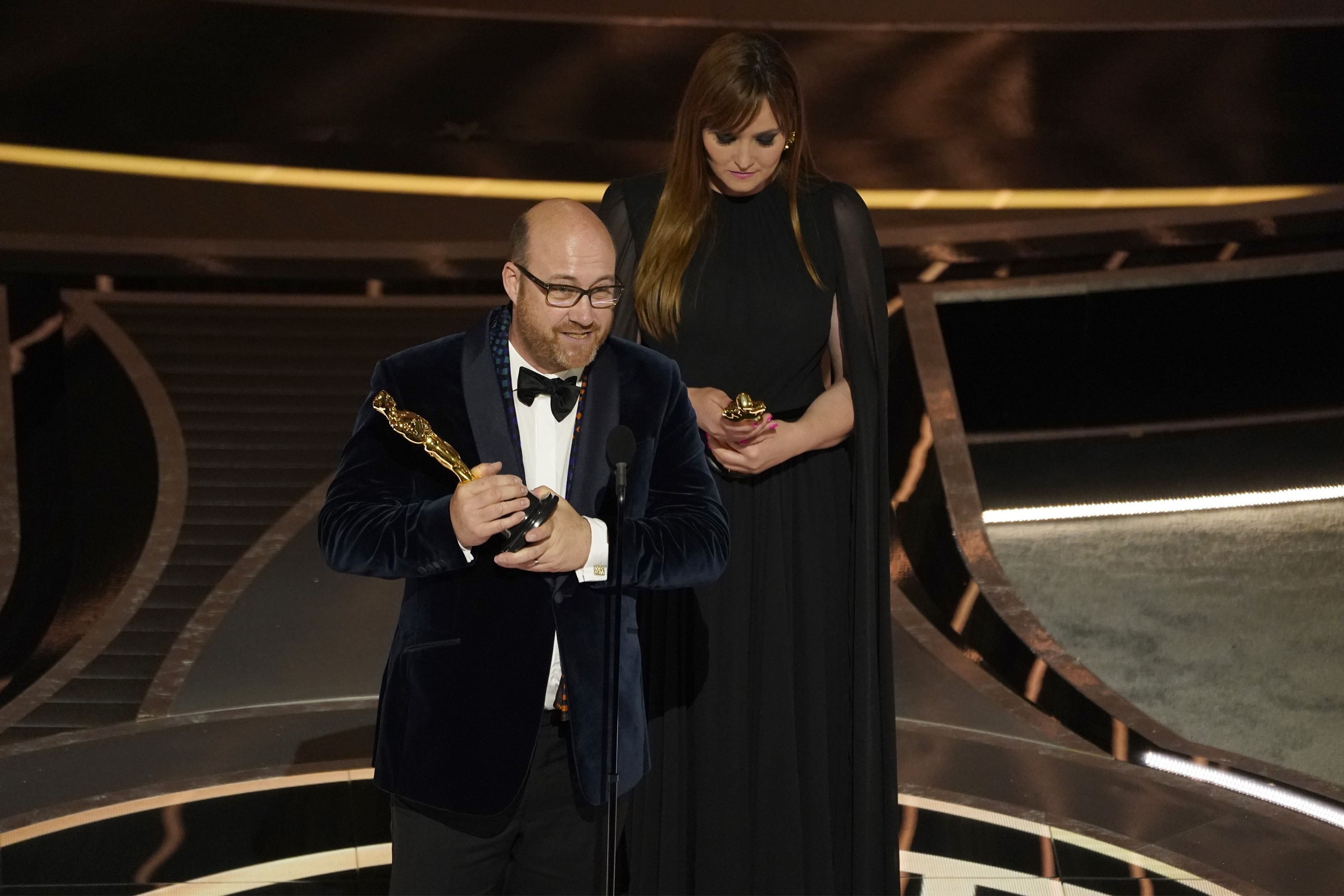



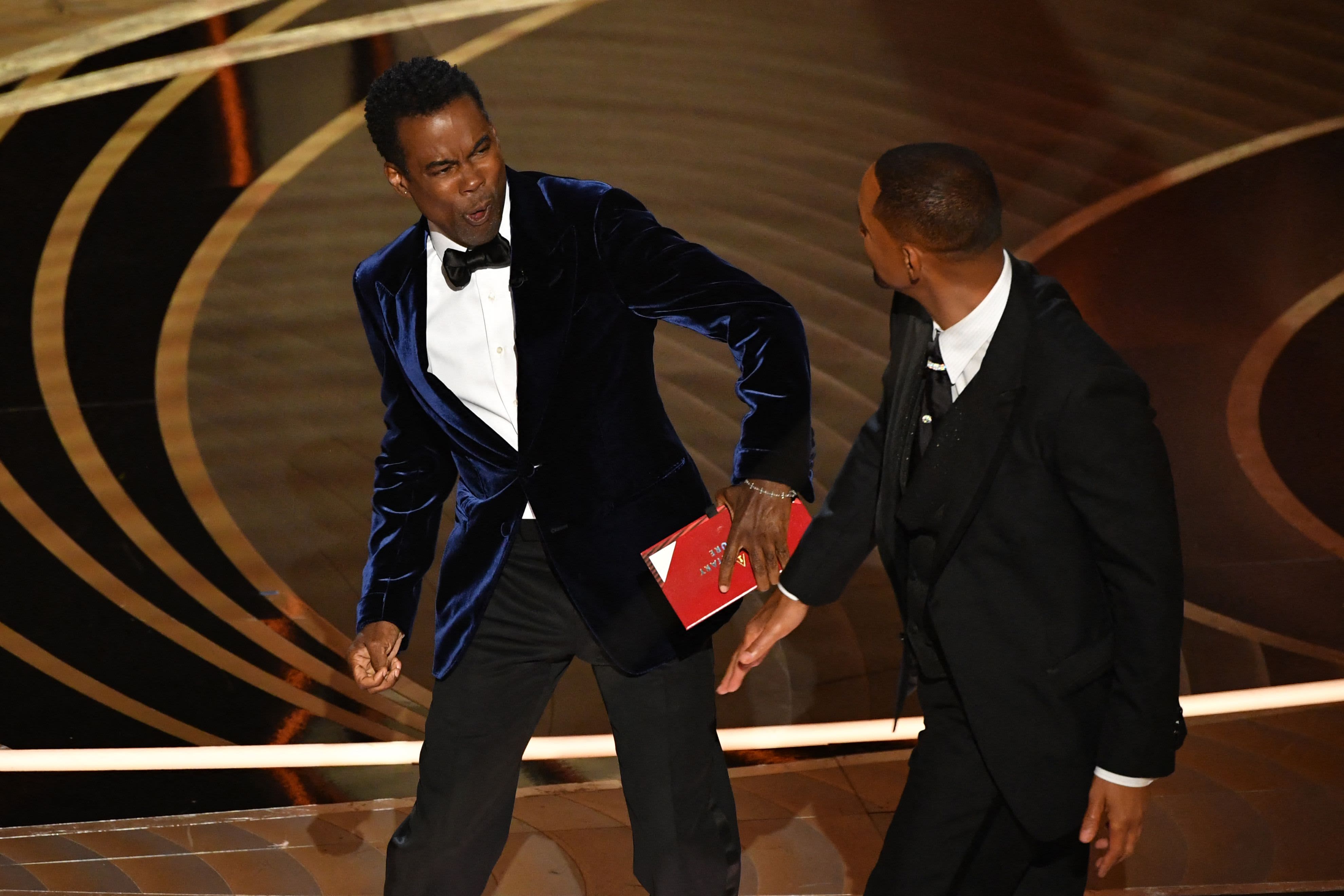
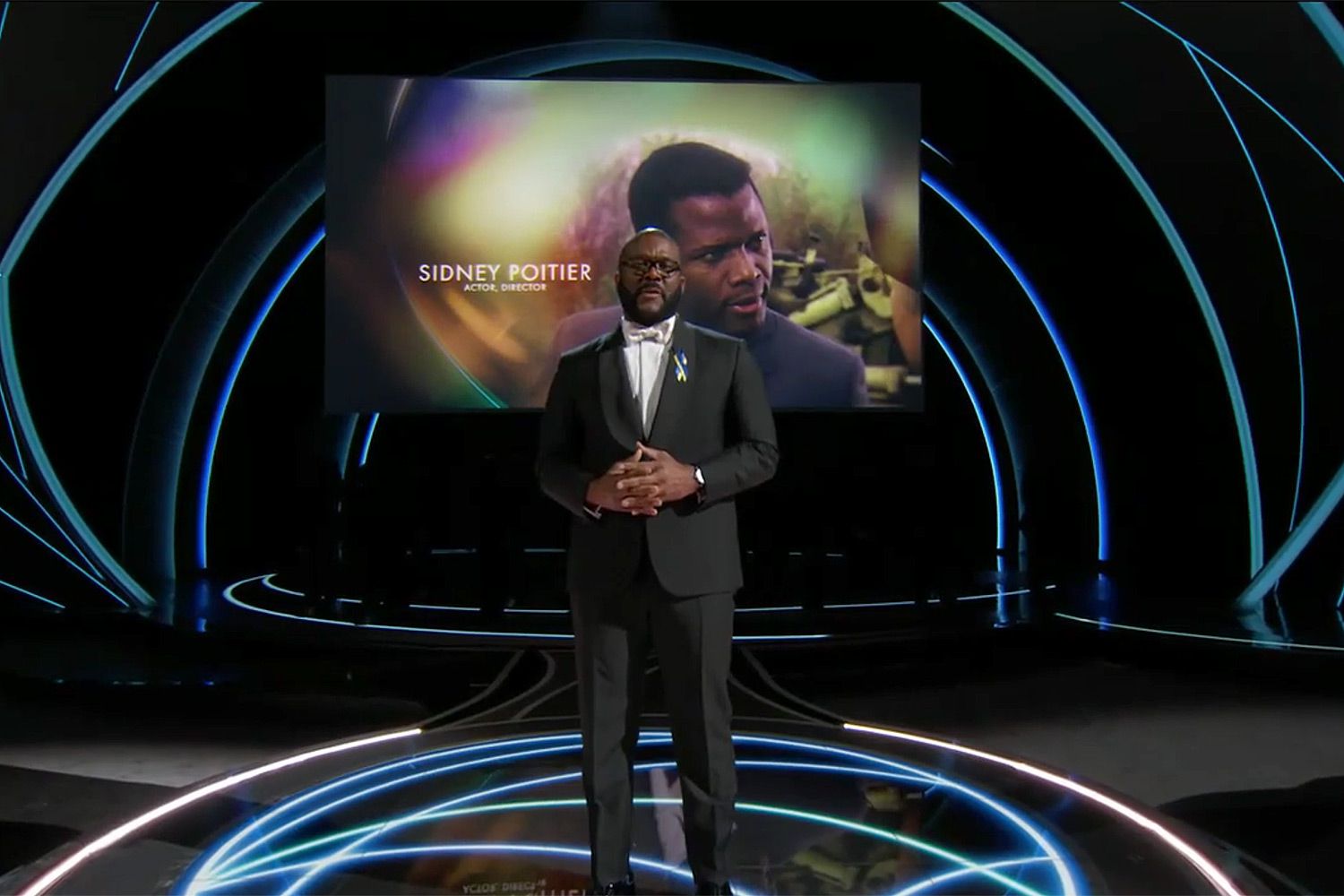
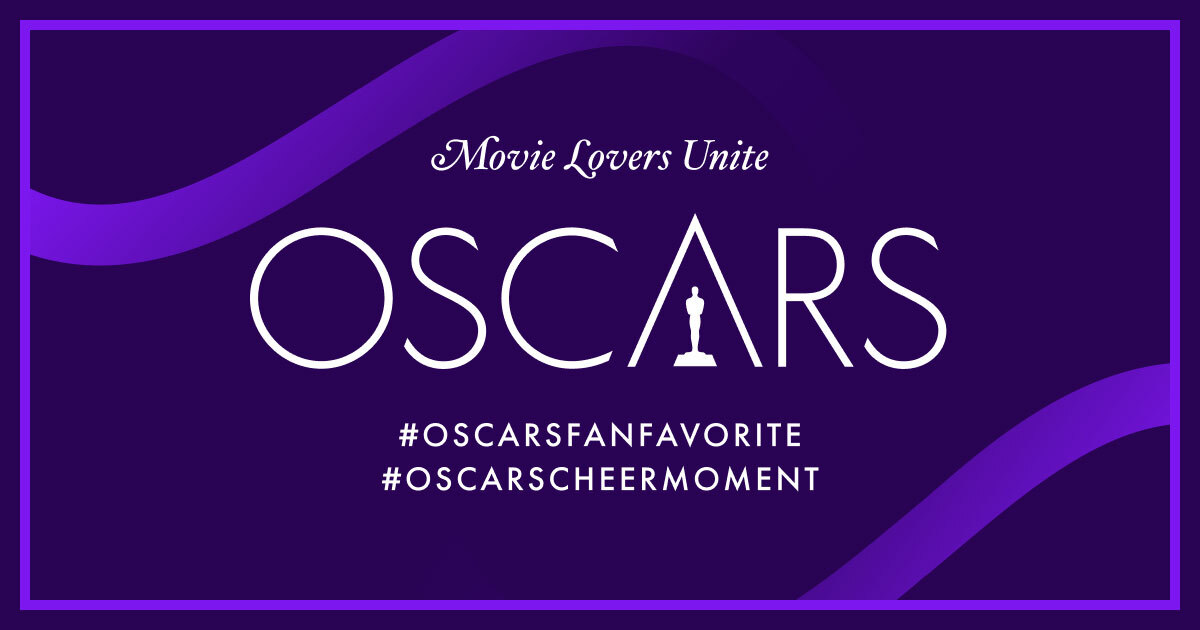
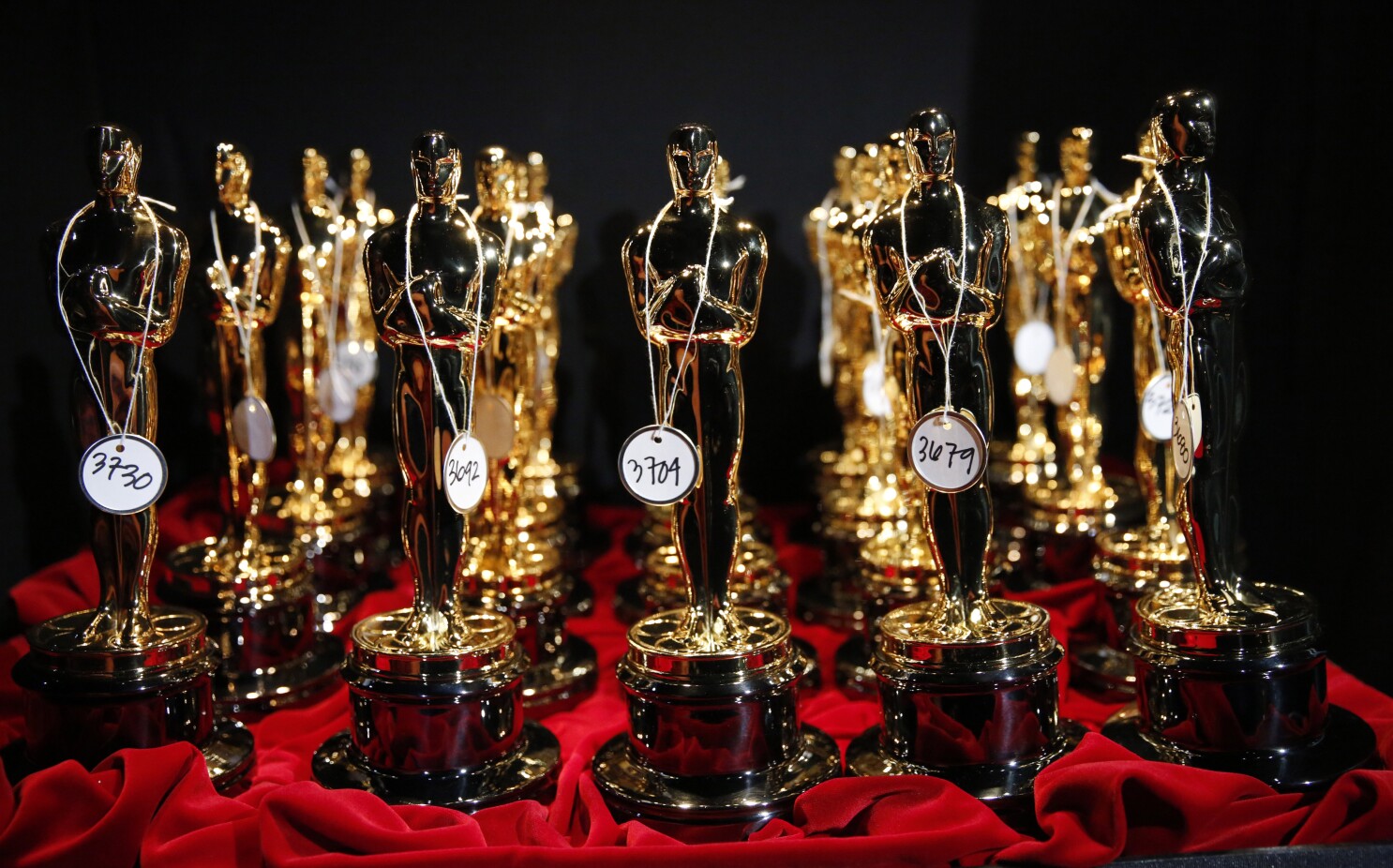
Comments
Post a Comment